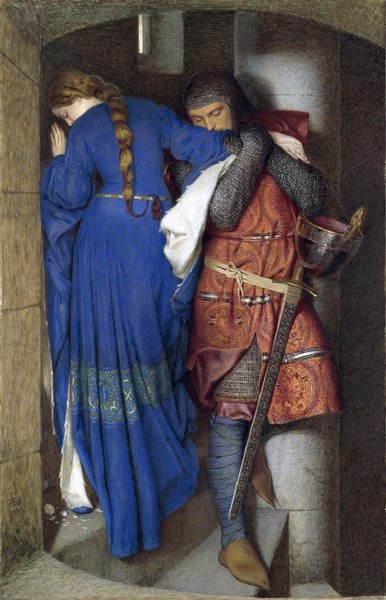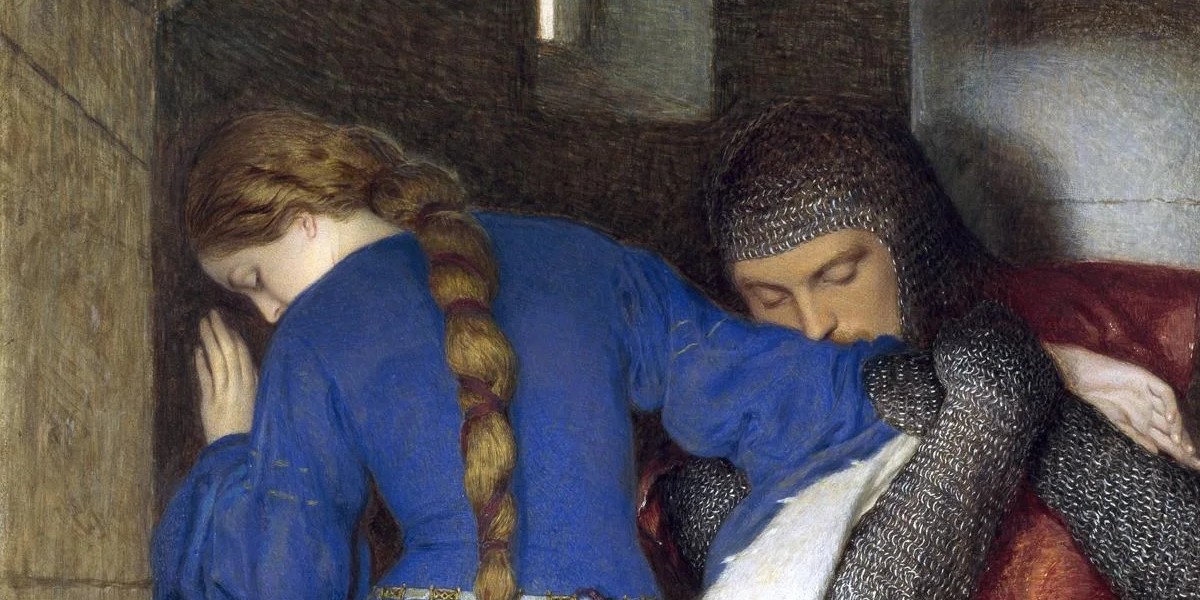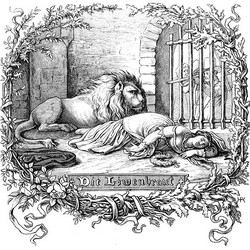
If I tell you that I'm talking about melodramas in this article, you might think about Douglas Sirk's films or Wilkie Collins' novels. But that's not the point; the melodrama I'm talking about is the piece in which a spoken declamation is accompanied by some music written for that text, in order to enhance the dramatic potential of the voice of the actor or actress. Because, in this case, we're not talking about singers; at least, in theory, because in practice, the thing is quite ambiguous.
Our starting point is Pygmalion, with text by Jean-Jacques Rousseau and music by Rousseau and Horace Coignet. This work, premiered in 1770, soon spread throughout Europe, reaching Vienna and several German cities in 1772. In 1775, the first German melodrama was premiered, Ariadna auf Naxos by Czech composer Georg Benda, and from here on the new genre aroused the interest of many authors: there were works with few characters, sometimes only one, whose texts focused on their emotions and enabled the actors or actresses to show their talent; the musicians, of course, were at their disposal.
Ariadna auf Naxos and the pieces that followed presented an innovation with respect to Pygmalion: while in this work voice and music alternated, in the new German works they were performed simultaneously, and every measure of the score indicated which verse should be recited. Although the indications were simple, they often posed a problem, because the speakers weren't always able to follow them. The same score included the solution: there were planned repetitions, silences, and other resources to allow musicians to wait for the speaker if needed.
For many decades, the score indicated neither the rhythm nor the pitch of the words; the spoken voice has its own "music", the prosody, and poetry has his, so composers left this part to the actors, who were the experts in the subject. Until one day, a composer considered necessary to write some kind of indications for the voice. It was in 1897; after passing through a rather insignificant era, the melodrama was about to live its revival. Engelbert Humperdinck premiered that year his melodrama Königskinder (which years later became an opera) and indicated in the score the pitch and rhythm of each syllable of the spoken part with a notation that he invented, the sprechnoten, or "speaking notes". It seems that the experiment wasn't a success and the actors and actresses declaimed the texts according to their criteria, but Schönberg went back to that idea and used Humperdinck's notation in two more well-known works: one of the last pieces from Gurrelieder, in which the score was just a suggestion for the speaker, and Pierrot Lunaire, where the singer/actress had to follow exactly the sprechnoten (or maybe not, because Schönberg was ambiguous with this question); this way, the declamation is far from the spoken voice.
Melodrama has had a difficult life, probably because it doesn't fit either the theatres or the concert halls, and few of them are performed nowadays, but we are more familiar with the formula than we think, thanks to opera. As soon as Benda premiered Ariadna auf Naxos, composers realized of its expressive possibility and began to include melodramas in their operas: Mozart, Beethoven, Weber and many other authors until our days; we can hear the best-known melodrama in an opera in Verdi's La Traviata: do you remember Violetta by reading Giorgio Germont's letter at the third act, before singing "Addio dil passato"? The singer doesn't sing "Teneste la promessa", she recites the text while the orchestra recalls the happy past times.
Schubert also incorporated melodramas into his operas, and also wrote one for voice and piano, Abschied von der Erde, which we're listening this week; I have heard it a few times included in song recitals, and this is my alibi for listening to such a beautiful piece here. Melodramas were also occasionally used in the theatre as an expressive resource, and this seems to be the origin of Abschied von der Erde, composed in February 1826. A friend of the composer, Adolf von Pratobevera, wrote Der Falke ("The Falcon"), a verse drama, to celebrate his father's birthday, and he would have asked his friend to put into music the last five stanzas. The structure of the monodrama is very regular; after a short prelude, each verse corresponds to a measure and there is a one measure interlude between stanza and stanza, until the postlude after the last one. It's a really beautiful work in which we find once more Schubert's gift to make music that fits the text like a glove, although in this case the text is a declamation.
A few weeks ago, I told you that we had heard some surprising and well-chosen encores at the Schubertíada, and Abschied von der Erde was one among them, performed by Samuel Hasselhorn and Joseph Middleton. It was a beautiful interpretation, one of the magical moments this summer; I wasn't sure if it was the right encore, given that the Catalan audience didn't have the translation, but several people made me realize that I was wrong; for instance, a friend of mine told me, "I got really moved, even though I don't understand a German word." I can't think of a better way to praise the interpreters.
I propose that we listen to the version of Thomas Quasthoff and Justus Zeyen, the recording of a recital in which Abschied von der Erde was programmed, and therefore the audience had the text and the translation; needless to say it was one of the most commented works of the evening. I hope you like it, and that you feel like listening to other performances.
Leb’ wohl, du schöne Erde!
Kann dich erst jetzt versteh’n,
Wo Freude und wo Kummer
An uns vorüber weh’n.
Leb’ wohl, du Meister Kummer!
Dank dir mit nassem Blick!
Mit mir nehm’ ich die Freude,
Dich lass’ ich hier zurück.
Sei nur ein milder Lehrer,
Führ’ alle hin zu Gott,
Zeig’ in den trübsten Nächten
Ein Streiflein Morgenrot!
Lasse sie Liebe ahnen,
So danken sie dir noch,
Der früher und der später,
Sie danken weinend doch.
Dann glänzt das Leben heiter,
Mild lächelt jeder Schmerz,
Die Freude hält unfangen
Das ruhige, klare Herz.
Fare you well, you lovely world!
Only now do I understand you,
when joy and when sorrow
are passing away from us.
Fare you well, Master Sorrow!
I thank you with moist eyes!
With me I take joy -
you I leave here behind me.
Just be a gentle teacher,
lead everyone to God,
show them in the gloomy nights
a little streak of dawn!
Let them feel love,
and they will give thanks
sooner or later;
they will give tearful thanks.
Then life will be serene,
and every grief will smile placidly;
joy will enfold
the clear and tranquil heart.
(translation by Emily Ezust)



 I'll tel...
I'll tel...
 The Ki...
The Ki...











Comments powered by CComment